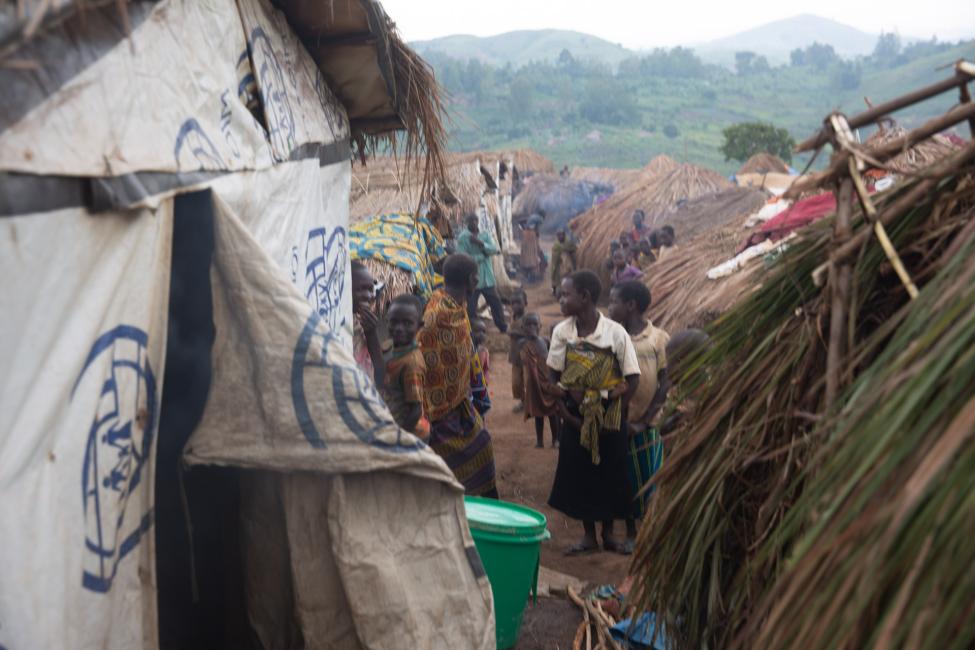Nearly 25% of people in the Democratic Republic of Congo (DR Congo) are facing acute food insecurity due to conflict, displacement, and rising food costs, according to a report released Monday by UN agencies and NGOs.
The report, issued by the UN’s Integrated Food Security Phase Classification (IPC), reveals that around 25.6 million people are at risk due to a combination of armed violence, high food prices, and recent outbreaks, including mpox. Additionally, natural disasters and flooding have exacerbated the crisis in certain regions.
Among those affected, 3.1 million people are experiencing severe levels of food insecurity and acute malnutrition, with rural areas suffering as violence and poor infrastructure hinder essential food production and access to drinking water.

The ongoing insurgency led by the Tutsi-majority M23 rebel group in eastern DRC has intensified the crisis, especially in the provinces of Ituri, North Kivu, and South Kivu, which now host over 80% of the country’s displaced population, currently numbering 6.4 million according to the UNHCR.
Concerns are heightened following the June withdrawal of MONUSCO peacekeepers from South Kivu, with further exits planned for North Kivu and Ituri, potentially increasing insecurity and disrupting livelihoods.


